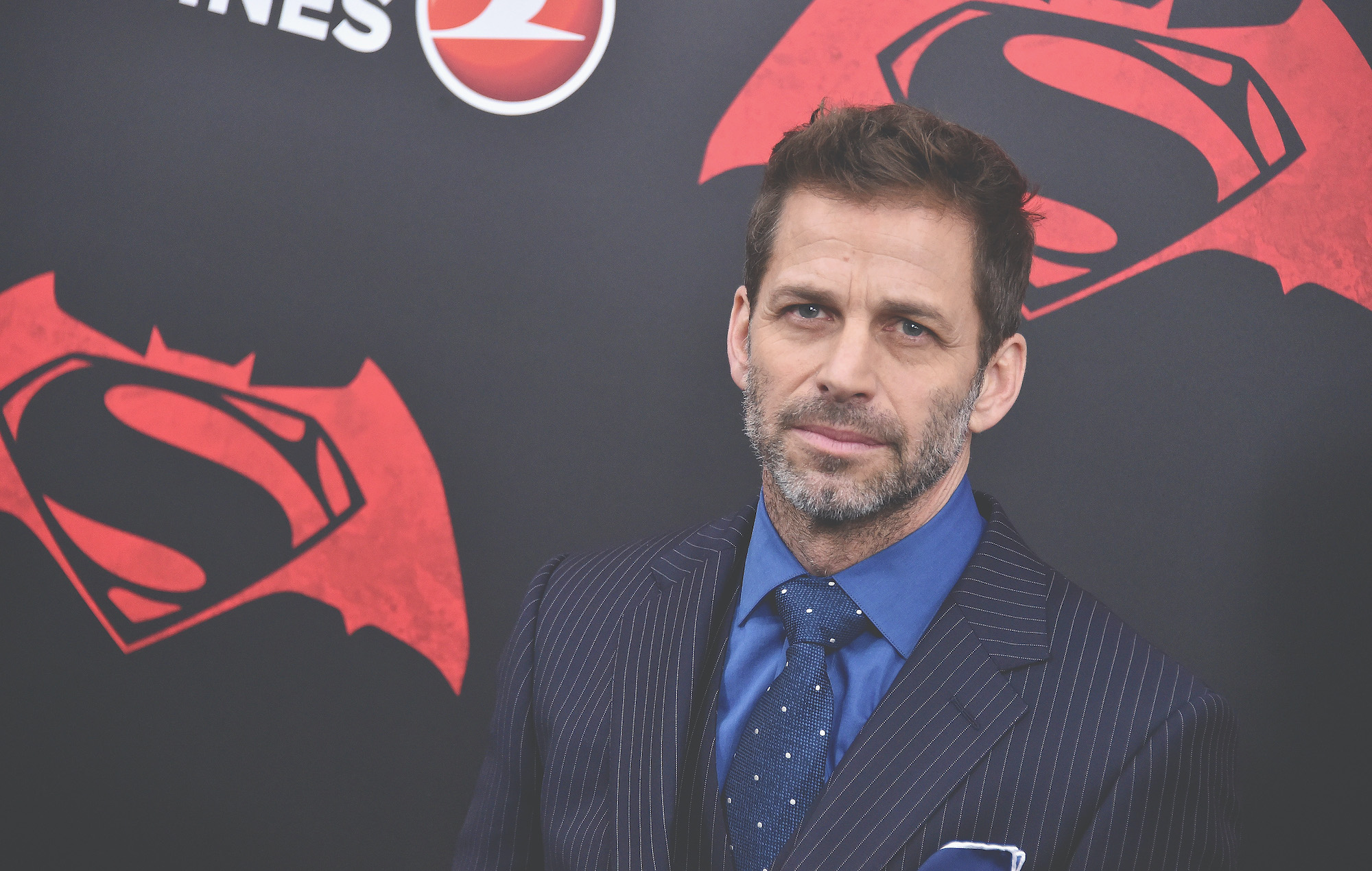NME Music News, Reviews, Videos, Galleries, Tickets and Blogs | NME.COM
Science, it seems, will be the death of us all – but it will also be the one thing that saves us. Originally set for release during the upswing of the biggest pandemic in living history, Radioactive tells a timely story about the moral conundrum at the heart of all human achievement – that amazing, beautiful scientific discoveries are almost always balanced by our own capacity to fuck everything up.
Pioneering Polish scientist Marie Curie discovered polonium and radium at the end of the 19th Century, her work led directly to clean nuclear energy, mobile X-ray machines and life-saving chemotherapy. At the same time though, it also led to radiation poisoning, the Chernobyl disaster and the atomic bomb. It’s hard to say whether Curie’s discovery took more lives than it saved but director Marjane Satrapi’s fiercely unconventional film never lets us forget the possibility.
Half biopic of Marie Curie, half biopic of radiation itself, the film flashes back and forth through time to follow Curie’s childhood traumas, struggles for academic acceptance, explosive love affairs and subsequent public shame – at the same time moving us through Hiroshima, nuclear test sites and modern cancer wards.
Bravely, Radiation never shies away from the minutiae of the Victorian lab. Almost as in love with science as Curie herself, Satrapi squints over the tiny details wherever possible, constantly shifting scope from a grand bird’s-eye view of global history to a microscopic study of how painstaking it was to measure one-tenth of a gram of radium chloride from a bucketful of rocks.

There’s a lot of uneven ground to cover, and Satrapi leans on the comic-book style she honed while making Persepolis and The Voices to juggle a dozen different tones at once, drawing from Lauren Redniss’ 2010 graphic novel – on which the film is based – to make everything (mostly) meld together with a well-done visual flair. If it works at all though, it has to be down to Rosamund Pike’s brilliantly understated performance as Curie.
Picking yet another uniquely nuanced role after A Private War, a biopic about celebrated foreign correspondent Marie Colvin, Pike refuses to let Curie be either the cold face from the history books or the fragile heart that emerges from her tragic private life. Pike’s Curie is blunt, stubborn and occasionally rude but she’s also hugely likeable – all the more so when things start going wrong.

Sam Riley gives good support as Curie’s almost equally brilliant husband Pierre, and Anya Taylor-Joy does her own radiating as their daughter Irene, but this is Pike’s film from start to finish – a tender, thoughtful and deeply drawn testament to a woman whose life remains as complicated as her legacy.
The script seems occasionally fluffy, and Satrapi’s vision can’t really meet her own ambition to tell a story this big and this small at the same time, but it’s hard not to admire the film for trying so hard. Marie Curie was the first woman to win a Nobel Peace Prize and her discoveries changed the whole world, for better or worse. But it’s not until you see that cost weighed out in blood, sweat and glow-in-the-dark tears that you really understand what it all means.
Details
- Director: Marjane Satrapi
- Starring: Rosamund Pike, Sam Riley, Anya Taylor-Joy
- Release date: TBC
The post ‘Radioactive’ review: Rosamund Pike plays Marie Curie in a meticulous biopic about the awesome power of science appeared first on NME Music News, Reviews, Videos, Galleries, Tickets and Blogs | NME.COM.





